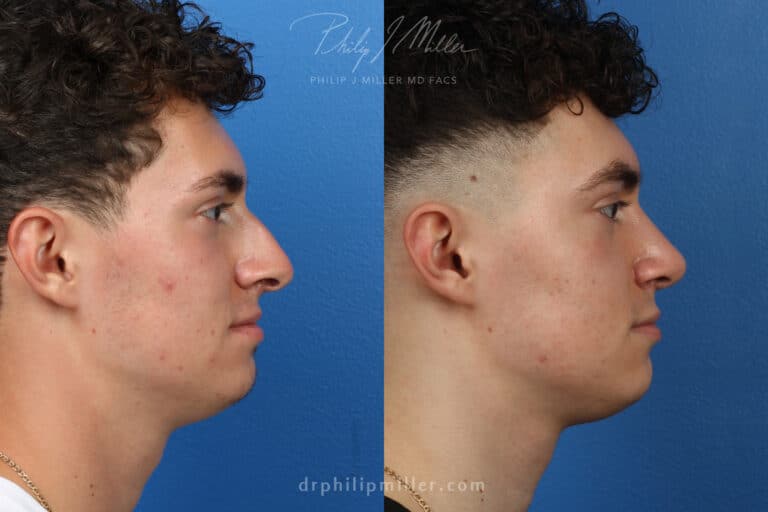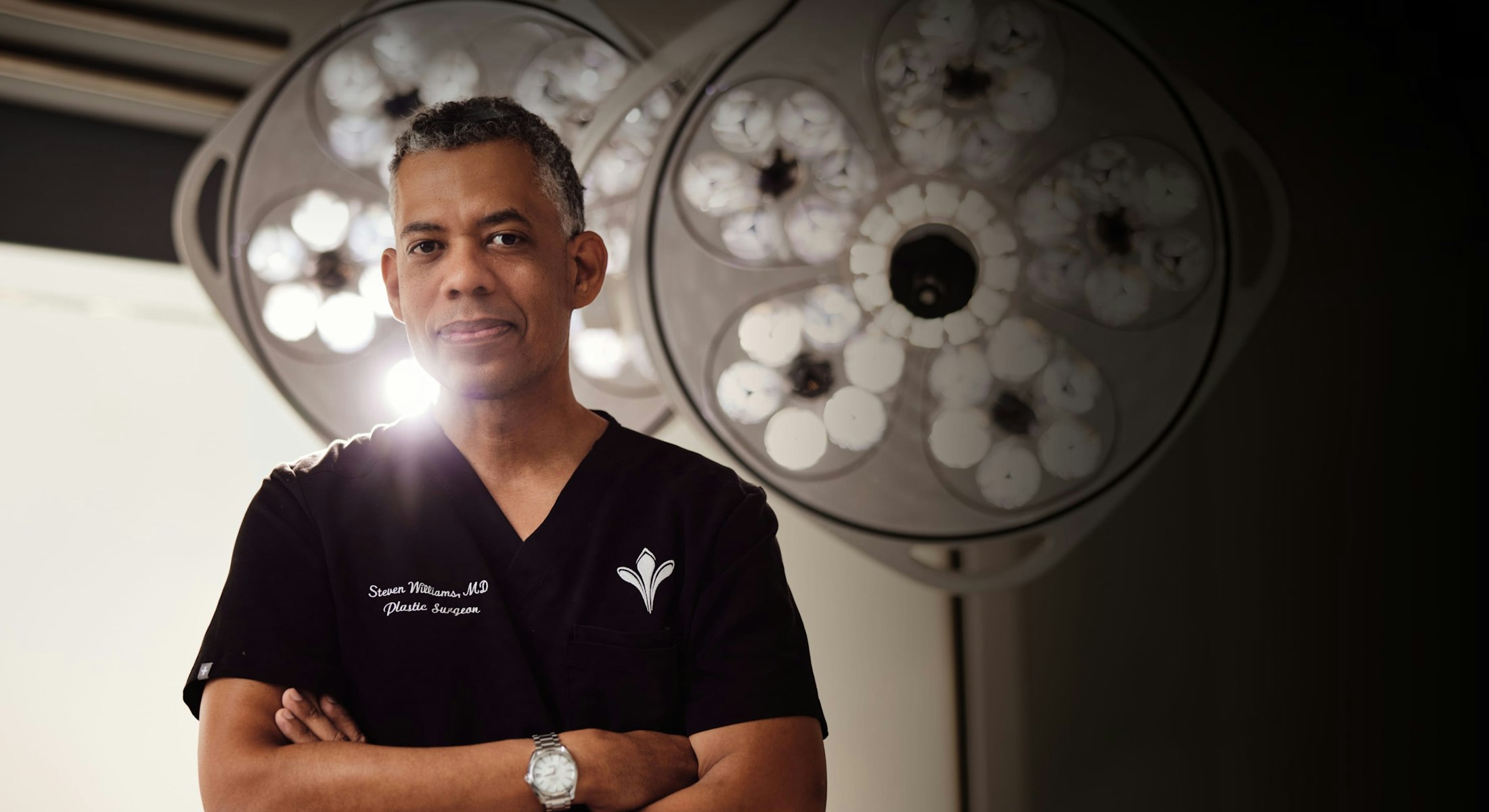Professional Plastic Surgery Bellevue: Transformative Outcomes with Experienced Specialists
Professional Plastic Surgery Bellevue: Transformative Outcomes with Experienced Specialists
Blog Article
A Deep Dive Into the Common Validation for Seeking Aesthetic Surgery: Unloading the Need for Adjustment and Self-Improvement
The inspirations behind the pursuit of cosmetic surgical procedure expand past plain aesthetic improvement, mirroring a nuanced interplay of social assumptions, personal goals, and mental aspects. This assessment triggers critical concerns about the ethical effects and future trajectories of cosmetic treatments, welcoming additional exploration into the intricacies of self-improvement and identification.
Societal Pressures and Appeal Standards

The influence of these charm perfects can be profound, instilling a feeling of inadequacy in those that do not adjust. Therefore, many may look for cosmetic surgical treatment as a way of straightening their look with these societal expectations. mommy makeover bellevue. This desire for conformity can stem from a broad array of inspirations, consisting of the aspiration for boosted social standing, boosted enchanting prospects, or boosted specialist possibilities
Moreover, these pressures are not restricted to certain demographics; they affect people throughout different ages, genders, and backgrounds, highlighting the pervasive nature of beauty standards. This prevalent impact increases vital inquiries regarding the values of plastic surgery and the effects of societal requirements on specific choices. Inevitably, understanding these pressures is important for cultivating a much more comprehensive meaning of elegance that commemorates diversity.
Personal Experiences and Transformative Stories
Several individuals that undertake plastic surgery report transformative experiences that extend beyond simple physical adjustments. For lots of, these treatments function as a catalyst for improved self-worth and a restored sense of identity. Individuals regularly explain feeling liberated from long-lasting instabilities, causing increased self-confidence in both individual and expert worlds.
Take, for instance, the story of a young lady who went through breast enhancement after years of sensation uneasy regarding her look. Post-surgery, she reported not only a newfound convenience in her body yet likewise a substantial renovation in her social life and occupation possibilities. Similarly, a middle-aged guy who picked to undertake a facelift shared exactly how the treatment rejuvenated his expectation on life, prompting him to seek new passions and partnerships.
These personal stories underscore the profound effect plastic surgery can have on people' lives. As they welcome their transformed selves, numerous find empowerment in their options, frequently using their experiences to inspire others considering comparable journeys. Eventually, these transformative stories highlight the complex reasons people look for cosmetic surgical treatment, linking individual growth with the quest of visual improvement.
Psychological Elements Behind Cosmetic Surgical Procedure
Countless psychological variables add to the choice to go through cosmetic surgery, showing deeper emotional and mental wellness factors to consider. People often go after surgical improvements as a means to attend to feelings of insufficiency, low self-confidence, or discontentment with their look. These psychological motivations can be rooted in past experiences, social comparisons, or individual ambitions.
Body photo distortion is a common problem, where individuals view their physical qualities in an exaggeratedly unfavorable light. This distortion can top article cause obsessive thoughts about viewed imperfections, motivating the desire for medical modification as an option - mommy makeover bellevue. In addition, the pursuit of excellence and societal pressures can magnify these feelings, pushing individuals towards aesthetic treatments in hopes of accomplishing an idyllic variation of themselves
Moreover, the concept of self-improvement plays a critical role. Many people watch cosmetic surgical procedure as a pathway to improve their lifestyle, believing that improved appearance will certainly result in increased social approval, better relationships, or boosted career opportunities. Ultimately, the mental variables behind plastic surgery emphasize the complicated interplay in between individual self-perception and external influences, exposing the diverse nature click to investigate of the need for adjustment.

The Function of Media in Perception
In today's culture, media plays a pivotal duty in forming perceptions of appeal and self-worth. Through various platforms-- social media sites, television, and marketing-- idyllic requirements of appeal are often disseminated, influencing specific ambitions and self-image. These representations frequently emphasize slim interpretations of appearance, predominantly including younger, slim, and digitally improved pictures, which can create impractical benchmarks for people aiming to adhere.
The impact of media is additional exacerbated by the pervasive nature of social networks, where individuals are pestered with curated content that highlights cosmetic improvements, endorsing a culture of comparison. This continuous exposure can cause sensations of insufficiency amongst audiences, prompting them to take into consideration plastic surgery as a method of attaining the viewed perfect. Study indicates that people who engage with these media depictions are more most likely to reveal frustration with their appearance, reinforcing the desire for medical interventions.
Additionally, the normalization of cosmetic surgical treatment in media stories can desensitize audiences, framing such procedures as commonplace and even essential for social approval. Thus, the media's portrayal of beauty not just affects private options pertaining to cosmetic surgery but additionally adds to a broader social dialogue about self-worth and identity.
Future patterns and honest considerations
Amid the growing popularity of cosmetic surgical procedure, honest sites factors to consider surrounding the practice have ended up being significantly noticeable. As the need for procedures increases, so as well do concerns concerning informed consent, the emotional inspirations of patients, and the potential for exploitation by specialists. It is essential for practitioners to guarantee that people completely understand the advantages and threats, in addition to the implications of their choices, to cultivate a liable strategy to cosmetic improvements.
In addition, the impact of social media and beauty standards raises concerns about the effect on mental health, especially among vulnerable populations. As awareness of body picture issues grows, moral method necessitates a careful evaluation of the inspirations behind surgical treatments. Surgeons need to balance person needs with moral responsibility, ensuring that decisions are rooted in authentic self-improvement instead of societal stress.

Final Thought
To conclude, the quest of plastic surgery is influenced by an assemblage of social pressures, individual experiences, and emotional factors. The desire for alignment with dominating appeal standards, paired with the capacity for transformative results, emphasizes the complicated motivations driving individuals toward these treatments. Additionally, the duty of media fit understandings of appeal can not be underrated. As honest factors to consider advance, future patterns in cosmetic surgical treatment will likely reflect recurring social discussions bordering self-improvement and private identity.
Frequently, societal stress and dominating appeal requirements play a considerable duty in individuals' decisions to pursue cosmetic surgical treatment. Eventually, these transformative stories highlight the diverse factors individuals look for cosmetic surgery, linking individual development with the search of visual improvement.
Lots of individuals view cosmetic surgery as a path to boost their quality of life, believing that boosted look will certainly lead to increased social acceptance, better connections, or enhanced career opportunities. Ultimately, the psychological aspects behind cosmetic surgery highlight the complicated interaction between specific self-perception and exterior influences, revealing the multifaceted nature of the need for adjustment.
As ethical factors to consider progress, future fads in cosmetic surgical treatment will likely mirror ongoing social dialogues bordering self-improvement and individual identification.
Report this page